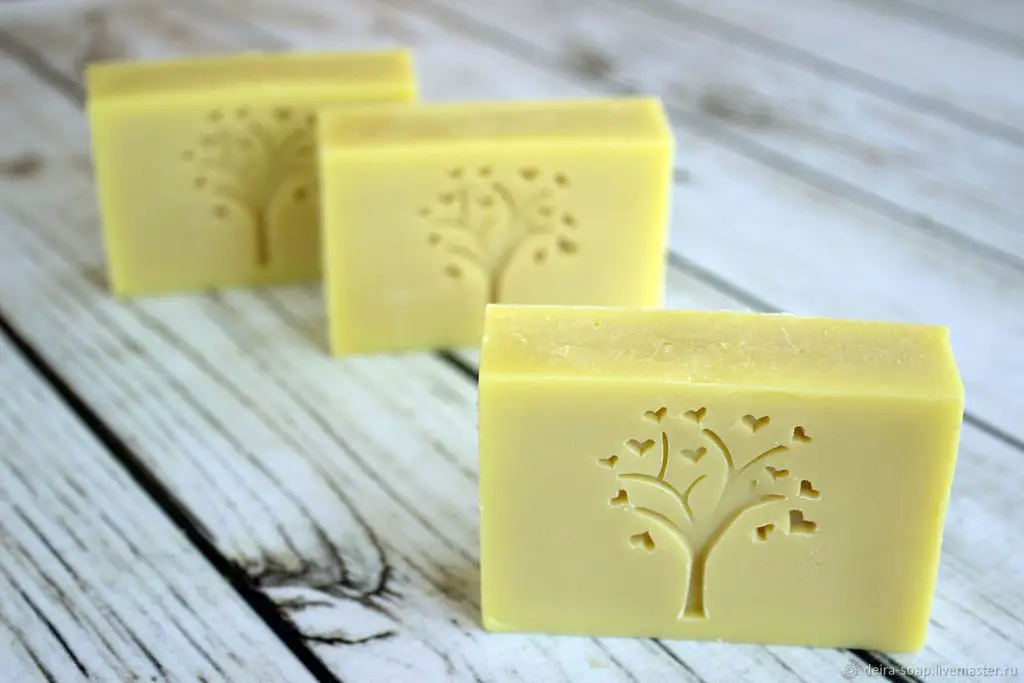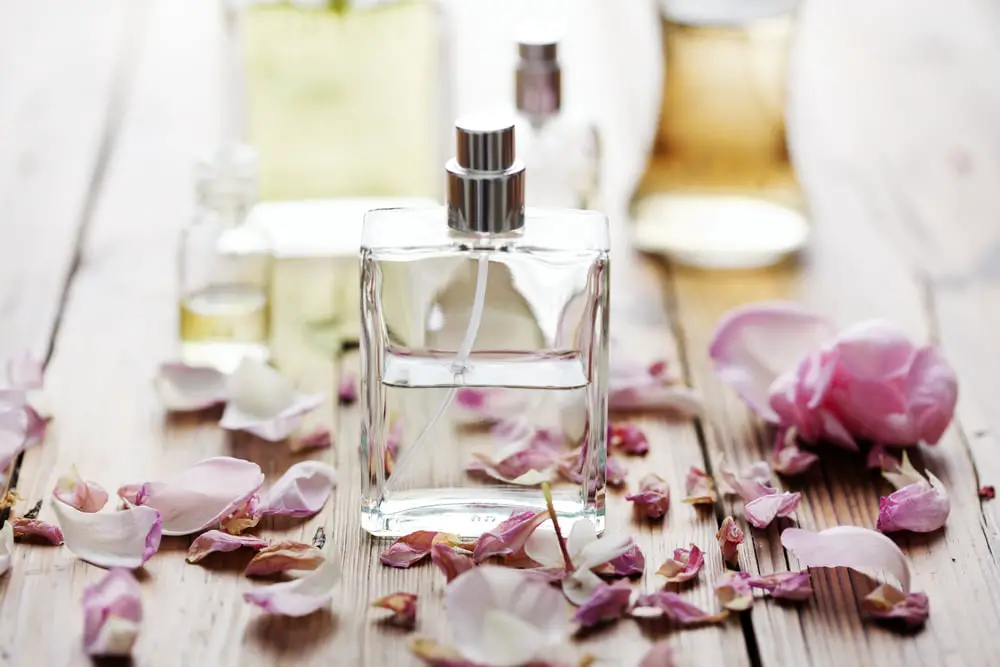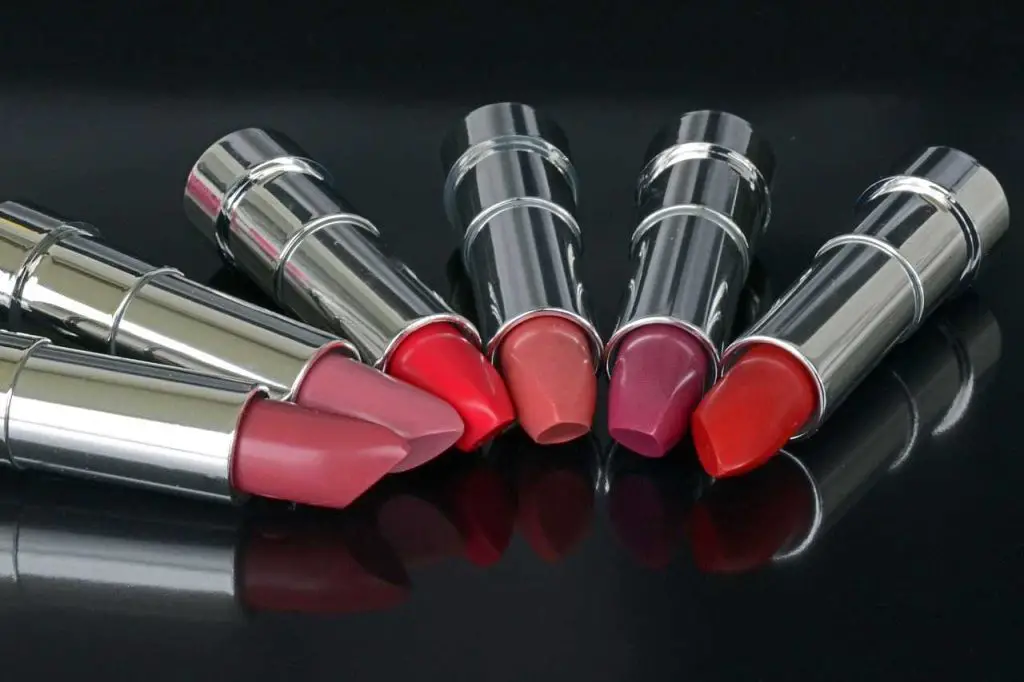Soap has been around since ancient times. Its earliest recorded use was in Ancient Babylon around 2000 BC, where it made animal fats and vegetable oils.
He first produced soap in Ancient Babylon around 2000 BC.
She first produced soap in Ancient Babylon around 2000 BC. The earliest known soap-like substance from ashes, animal fats, and vegetable oils used soap for cleaning, bathing, and medical purposes.
Made Early soap from animal fats and vegetable oils.
You have made The earliest soap from animal fats and vegetable oils. To make it, you’d have to boil the fats and oils in a large pot until they become liquid. You then poured The resulting mixture into molds to cool, harden, and voila! You had your very own bars of soap ready for use!
Used soap for washing clothes and dishes back then (it sounds crazy now, but people did wash their clothes in soapy water). If you needed more money to buy new clothes every year or two (or even more frequently), it was common practice for families without the means to use dishwater instead of fresh water when rinsing out their garments after washing them.
In the Roman Empire, soap makers became guild members who charged high prices for their wares.
In the Roman Empire, soap makers became guild members who charged high prices for their wares. Soap was a luxury good and was used to clean laundry as well as bodies.
The English word “soap” comes from “sapo,” which means “to wash.”
The English word “soap” comes from “sapo,” which means “to wash.” Soap is a cleaning agent made of animal fat, vegetable oil, and other ingredients such as sodium hydroxide (lye). Since ancient times, it has had to cleanse skin and clothing.
The first soap was by the Babylonians around 2800 BC, who mixed ashes with animal fats to create lye. The Romans later improved this recipe by adding olive oil.
The first modern factory that produced hard soaps opened in England in 1744.
They have made the soap from animal fats and vegetable oils and sold it in bars instead of liquid form. Hard soaps were popular with people because they could be used for personal hygiene and cleaning clothes (hardness makes for a more effective scrubbing action).
The production of hard soaps continued to grow throughout the 18th century as new technologies developed to make them more efficient. By 1850 there were over 500 factories across England producing these products; however, by 1900, this number had dropped significantly due to competition from other countries with cheaper versions of complex soap products like bar soaps or liquid hand sanitizers, which we’ll talk about next time!
Soap has been around since ancient times.
Soap has been around since ancient times. The Babylonians created the first soap by combining animal fats and vegetable oils with alkaline salts to create a cleansing substance for bathing and laundering clothes.
The modern factory that produced hard soaps opened its doors in England in 1744, but it wasn’t until around 1850 that soap became widely available to consumers worldwide. The Romans used soap to wash their clothes clean before going out hunting or fighting battles. Later in history, England became the first country with modern factories producing hard soaps



